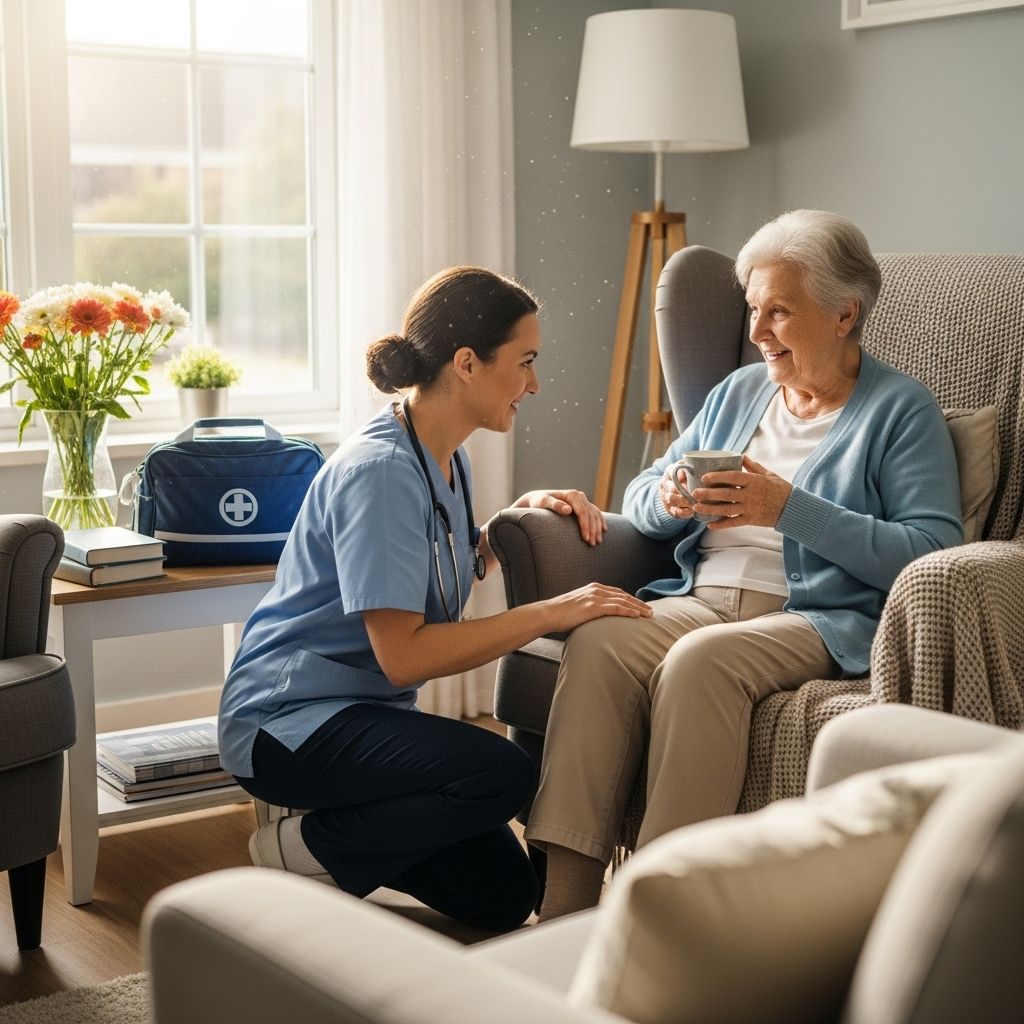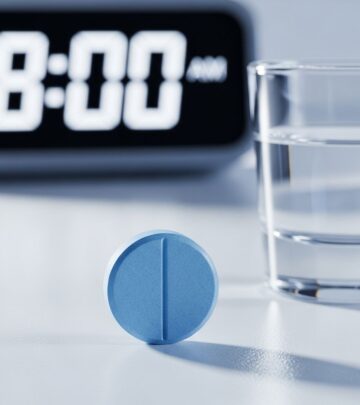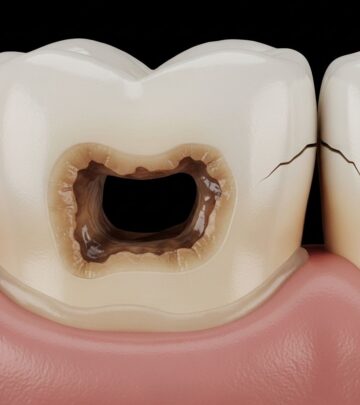Caring for Someone at Home After Hospital Discharge
A comprehensive guide for caregivers managing the return home after a hospital stay, covering preparation, support, and critical safety.

When someone you care about is discharged from the hospital, transitioning to home care can be a significant challenge for both the patient and caregiver. Successful recovery and improved quality of life depend on careful planning, a supportive environment, and understanding the patient’s needs. This guide addresses the key aspects of bringing someone home after a hospitalization—preparation, personal care, medication management, safety, adapting the home, and seeking help when needed.
Understanding the Transition from Hospital to Home
The period following a patient’s discharge from the hospital is a critical time. Proper support can help prevent complications, reduce the risk of readmission, and enhance recovery. As a caregiver, your role encompasses both physical assistance and emotional support. You may need to help with daily activities, manage medications, and monitor for changes in the patient’s condition. Preparing yourself and your home is essential to set the stage for a safe, healthy recovery.
Before Discharge: What Caregivers Should Do
- Understand Discharge Instructions: Ask the healthcare team to explain the discharge plan in detail, including what to expect during recovery and warning signs to watch for.
- Clarify Medications: Make sure you know which medications need to be continued, discontinued, or started, and understand the proper dosages and timing.
- Assess Equipment Needs: Determine if special medical equipment is required at home, such as wheelchairs, walkers, oxygen, hospital beds, or wound care supplies.
- Arrangements for Follow-up Care: Schedule any doctor, nurse, or therapy appointments in advance. Ask about transportation if needed.
- Ask About Professional Help: Enquire if home health nursing or physical therapy visits are necessary.
Preparing the Home for Recovery
Adapting the home environment can greatly improve safety, comfort, and independence for the patient. Consider the following steps:
- Clear Pathways: Remove clutter, rugs, and cords that could cause tripping. Ensure the main living spaces are obstacle-free.
- Bedroom Accessibility: If possible, arrange for the patient to stay on the main floor, close to a bathroom and kitchen.
- Install Safety Aids: Add grab bars in the bathroom, non-slip mats, and handrails along stairs.
- Organize Supplies: Place frequently used items within easy reach and prepare an area for medications and medical equipment.
For some conditions or surgeries, specialized equipment may be necessary. Your healthcare team can recommend rental or purchase services.
Daily Care Responsibilities
As a caregiver, your daily duties may include assisting with the following:
- Bathing and Personal Hygiene: Help with bathing, grooming, and toileting if the person cannot manage alone. Maintain privacy and dignity.
- Mobility: Support safe transfers from bed to chair, help with walking, and encourage gentle activity as approved by the healthcare provider.
- Nutrition: Prepare healthy meals tailored to dietary restrictions and ensure ample fluids unless limited by medical advice.
- Medication Management: Administer medications on time, track doses, and monitor for side effects or adverse reactions.
Always follow the directions provided by healthcare professionals regarding the level of activity and types of assistance required. Encourage independence where possible but provide support as needed to prevent injury.
Preventing Complications at Home
Preventing complications is central to a smooth recovery. Watch for signs of:
- Infection: Monitor surgical wounds for redness, swelling, drainage, or fever.
- Blood Clots: Promote movement as tolerated and use compression devices if prescribed.
- Pressure Injuries: Reposition immobile patients frequently and keep skin clean and dry.
- Falls: Keep the environment well-lit and free from hazards. Encourage the use of assistive devices.
If you notice any new symptoms or concerning changes in the patient’s condition, contact their healthcare provider promptly.
Managing Medication and Medical Equipment
Medication errors or issues with equipment can significantly impact recovery. Best practices include:
- Use Pill Organizers: Set up medications for the week to avoid missed or double doses.
- Track Refills: Monitor supply and arrange refills before running low.
- Follow Equipment Instructions: Thoroughly read instructions for any medical devices or equipment. Ask for demonstrations before leaving the hospital.
- Sanitize and Maintain: Regularly clean equipment and check for proper function.
Emotional Support and Communication
Patients may feel anxious, frustrated, or overwhelmed after a hospital stay. Supporting emotional well-being is vital:
- Encourage Open Conversation: Allow the patient to share their feelings and concerns.
- Stay Positive: Offer encouragement and celebrate progress, no matter how small.
- Arrange Social Interaction: Help the patient stay connected with friends and family, either through visits or virtual means.
Remember that caregivers also need support. Reach out to community resources, support groups, and respite services if feeling overwhelmed.
When Professional Help is Needed
Some patients require more intensive care than family alone can provide. Seek outside help if:
- Care becomes unsafe or overwhelming
- The patient requires complex wound care or intravenous medications
- Behavioral or cognitive issues develop that cannot be managed at home
- You experience burnout or health concerns of your own
Options include in-home nursing, hiring aides for personal care, or respite care facilities for temporary relief.
Key Tips for Successful Home Care
- Review and keep written instructions from the hospital near at hand.
- Keep an up-to-date list of medications and allergies for emergency use.
- Maintain a daily log of symptoms, vital signs, and care provided.
- Have emergency contact numbers readily accessible.
- Seek help promptly for declines or sudden changes in the patient’s condition.
Sample Daily Care Checklist
| Time | Task | Notes |
|---|---|---|
| Morning | Assist with hygiene and dressing, administer medications, serve breakfast | Encourage self-care if possible |
| Midday | Light activity or therapy exercises, lunch, check equipment and wounds | Record any abnormal findings |
| Afternoon | Rest, hydration, help with toileting, more medication if scheduled | Monitor for fatigue or pain |
| Evening | Dinner, prepare for bed, evening medications, tidy environment | Ensure clear pathway for nighttime needs |
Safety and Emergency Preparedness
- Keep the patient’s medical records and emergency numbers posted in a visible area.
- Know the fastest route to the closest hospital or urgent care center.
- Recognize signs of emergencies—difficulty breathing, chest pain, sudden confusion, uncontrolled bleeding—and call emergency services immediately.
Caregiver Self-Care and Support
Caregiving is demanding. Protect your own physical and emotional health using the following strategies:
- Take regular breaks and ask for help when needed.
- Use respite care services for planned relief.
- Seek emotional support from friends, family, or professional counseling.
- Join caregiver support groups in your community or online.
Helpful Resources for Caregivers
- Home health agencies and professional in-home aides
- Adult day care services
- Support groups for specific health conditions
- Meal delivery services or community volunteer organizations
- Local Area Agency on Aging for guidance on available services
Frequently Asked Questions (FAQ)
How soon should follow-up appointments be scheduled after hospital discharge?
Most healthcare providers recommend follow-up appointments within one to two weeks. Some conditions may require earlier visits—clarify with the care team before discharge.
What should I do if the patient’s condition worsens unexpectedly?
Sudden changes—such as trouble breathing, chest pain, confusion, severe infection symptoms—require immediate attention. Call emergency services or return to the hospital right away.
Can I get help if I feel overwhelmed as a caregiver?
Yes. Reach out to your doctor, social worker, or local community agencies. Professional caregivers, respite care, and support groups can help.
What are signs that professional home health help is necessary?
If care needs are too complex—such as wound care requiring sterile technique, IV therapy, frequent medication management, or intensive rehabilitation—a skilled nurse or therapist may be essential.
How do I keep track of medications for my loved one?
Maintain an up-to-date medication list, use labeled pill organizers, set timers or reminders, and always double-check before giving each dose.
Summary
Helping someone recover at home after a hospital stay is a rewarding yet demanding responsibility. Success depends on good planning, adapting the home, providing personal care, monitoring for changes, and knowing when to reach for help. By preparing in advance and utilizing available resources, you can create a safe, comfortable environment that fosters recovery and well-being for your loved one.
Read full bio of medha deb












